Global channel broadcasts academics’ Antarctic footage
The international news channel Bloomberg is broadcasting stunning footage of Antarctica’s landscape captured by a Northumbria University academic who was undertaking research on the continent.

The international news channel Bloomberg is broadcasting stunning footage of Antarctica’s landscape captured by a Northumbria University academic who was undertaking research on the continent.

International development experts from across the world gathered in Newcastle upon Tyne this week for the fourth annual Global Challenges Summit.

Kevin Muldoon-Smith, Lecturer in Real Estate Economics and Property Development, and Paul Michael Greenhalgh, Professor of Real Estate and Regeneration, both at Northumbria University, discuss real estate in relation to climate change.
Thousands of annual heat-related deaths could be potentially avoided in major US cities if global temperatures are limited to the Paris Climate Goals compared with current climate commitments, according to a new study published today in Science Advances.

Glaciology experts have issued evidence that a large section of the Brunt Ice Shelf in Antarctica, which is home to the British Antarctic Survey’s Halley Research Station, is about break off.
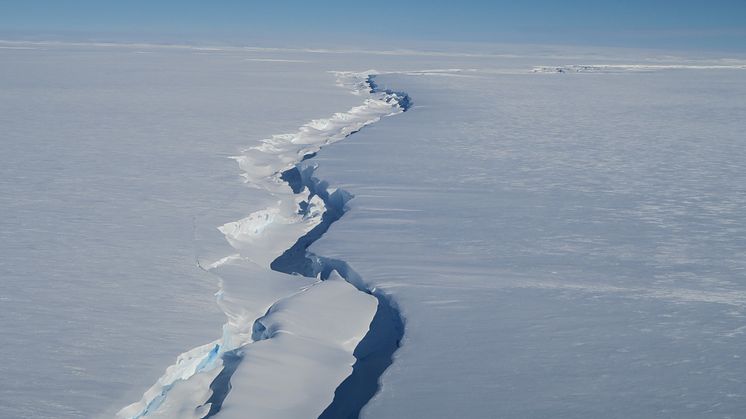
Cities of the future could be better able to withstand multiple hazards such as floods, earthquakes or landslides, thanks to a £20 million initiative, of which Northumbria University is a key partner.

The North East’s reputation for renewable energy research has received a major boost, with confirmation that the UK’s next generation of doctoral researchers in this field will train in the region.

Dr Vasile Ersek, a senior lecturer in Physical Geography, writes for The Conversation about the discovery of new evidence of a drought that finished off the Akkadian Empire 4,000 years ago.
Northumbria's research on Antarctica’s Thwaites Glacier celebrated for its contribution to understanding the impact of climate change on global sea levels.

Rising global sea levels may actually be beneficial to the long-term future of coral reef islands, such as the Maldives, according to new research published in Geophysical Research Letters.

A new multimillion pound centre to train scientists to transform our understanding of planet Earth has been announced between Northumbria University and Newcastle University.

A leading Polar specialist from Northumbria University, Newcastle will shortly be returning to Antarctica to undertake more ground-breaking research after winning a prestigious international award.
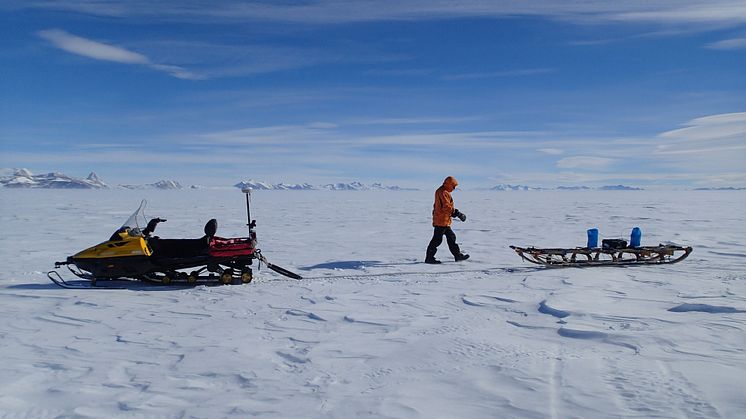
Climate change may have played a more important role in the extinction of Neanderthals than previously believed, according to a new study published in the journal, Proceedings of the Natural Academy of Sciences.

A team of world-leading Polar experts have been trialling a new tool developed by researchers from Northumbria University, Newcastle, that will better predict how ice sheets will evolve over time.
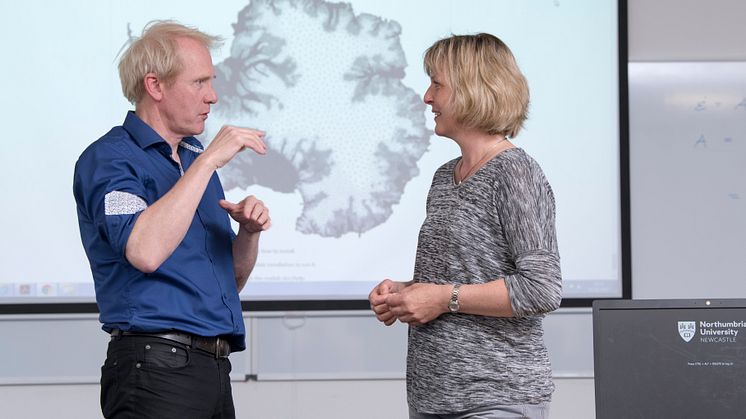
Solar physicists at Northumbria University, Newcastle are poring over brand new images of the atmosphere of the Sun taken by NASA on a recent missile launch.

A major investigation into the impact of thawing permafrost and the subsequent release of frozen carbon on coastlines in the Siberian Arctic has been announced today (Tuesday 3 July).
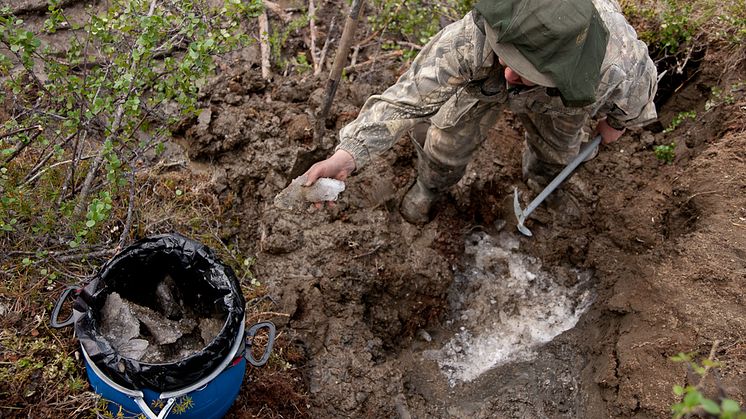
Researchers have discovered mountain ranges and three huge, deep subglacial valleys from data collected during the first modern aerogeophysical survey of the South Pole region. The findings are the first to emerge from extensive ice penetrating radar data collected in Antarctica as part of the European Space Agency PolarGAP project and have been published in Geophysical Research Letters.

Ice cliffs are causing mountain glaciers in High Mountain Asia to melt more rapidly, with only those facing north surviving over the glaciers, according to a new study published today (10 April) in the journal Proceedings of the National Academy of Sciences, PNAS.
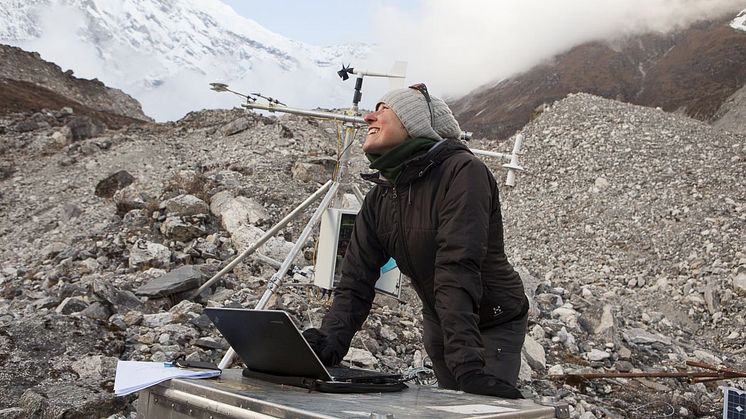
Students from Northumbria’s Disaster and Development society recently attended the first UK Alliance for Disaster Research (UKADR) conference at Kings College, London.
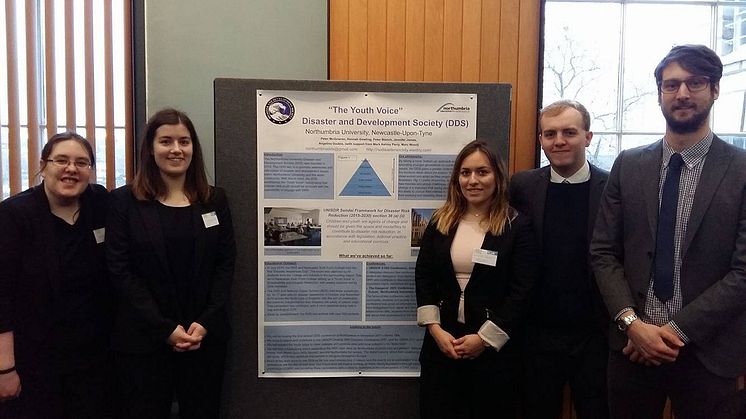
Researchers from Northumbria University are heading up a €4M (£3.3M) project to develop a revolutionary new heating and power system using solar energy.
